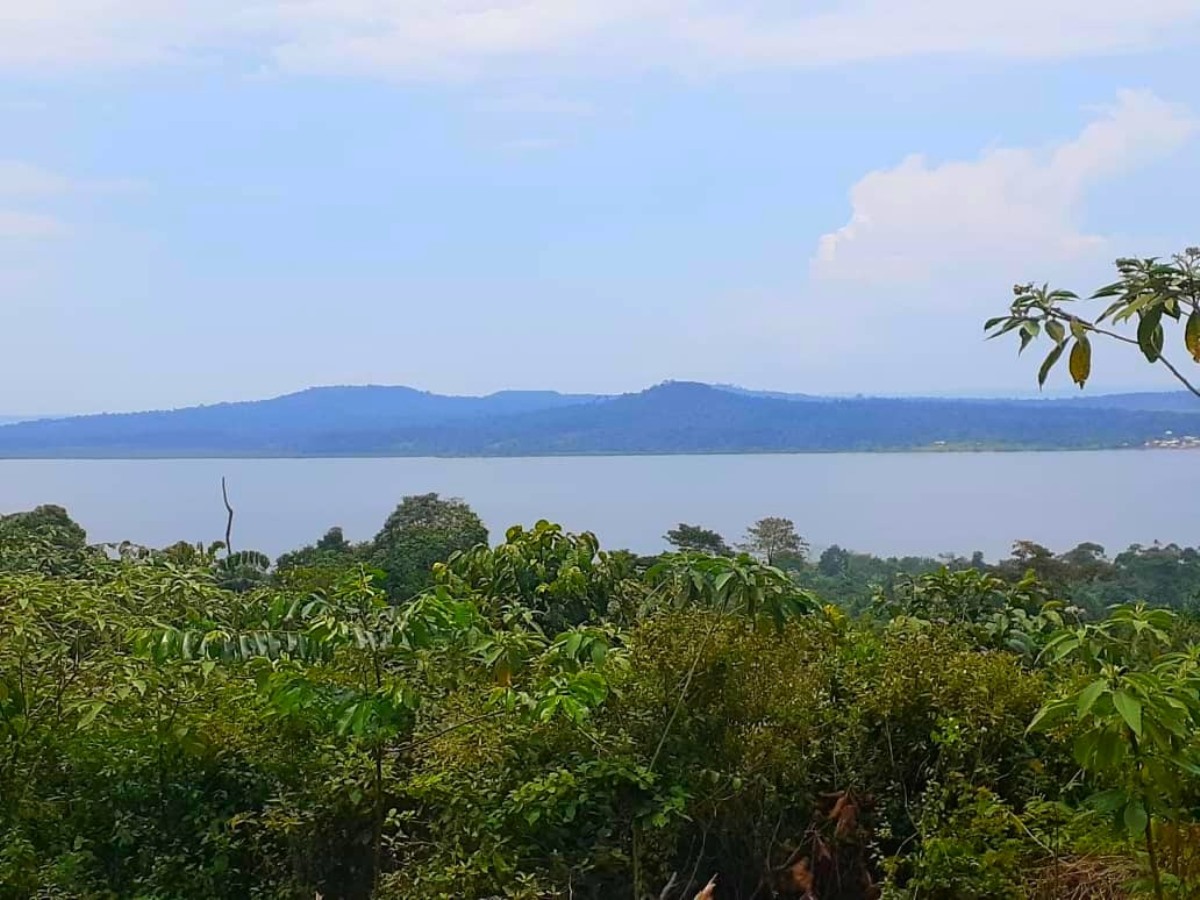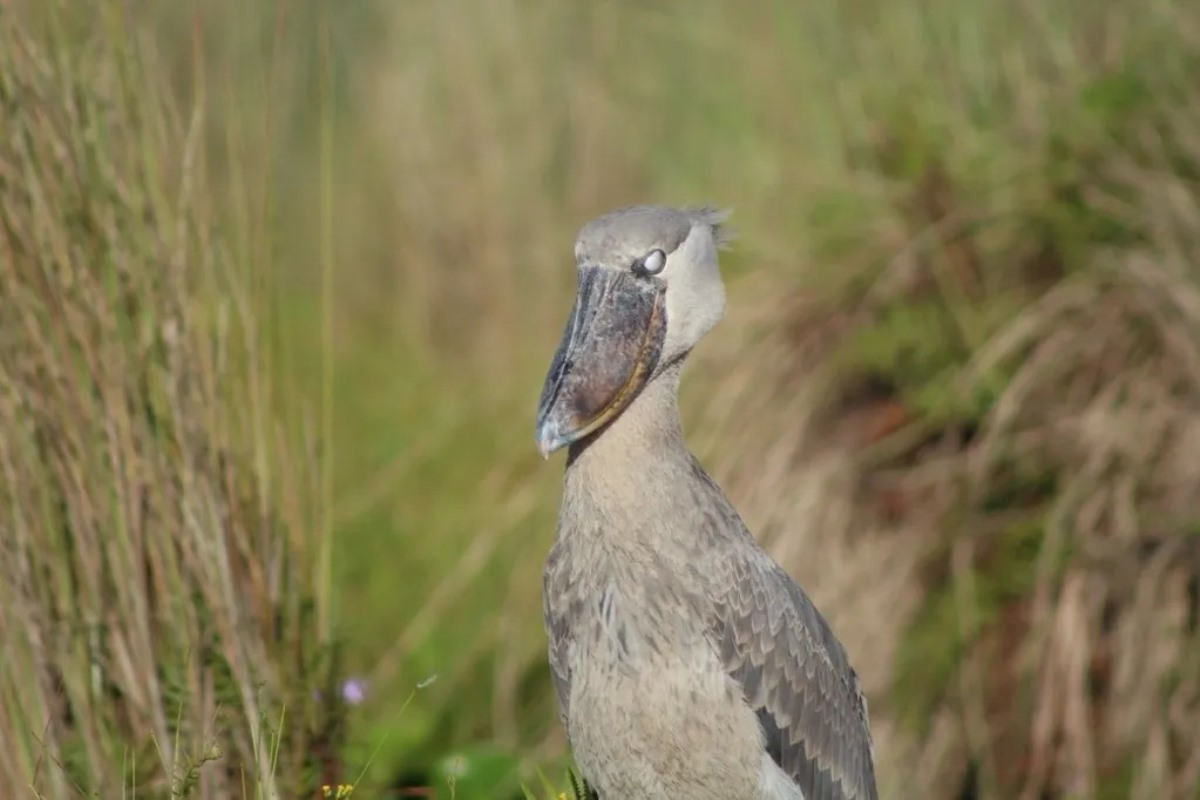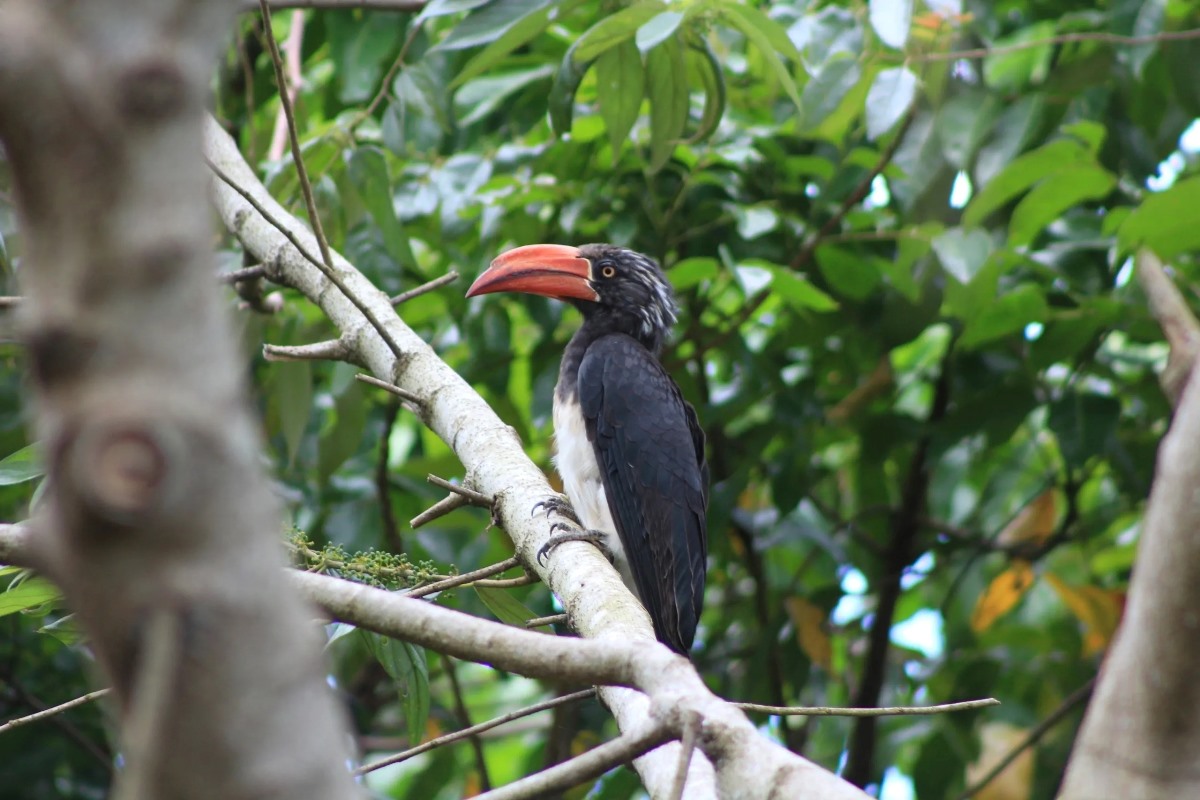Bussi Island Travel Guide | Islands, Uganda
BUSSI ISLAND TRAVEL GUIDE
LOCATION OF BUSSI ISLAND, UGANDA
Bussi Island is located in the Wakiso District, Central Region of Uganda. It is situated on Lake Victoria, approximately 8 kilometers southwest of Entebbe town. The island can be reached by a 40-minute motorized canoe ride or a 15-minute speedboat trip from Entebbe.
HISTORY OF BUSSI ISLAND, UGANDA
Bussi Island, located in Lake Victoria within the Wakiso District of Uganda, has a rich history that spans from ancient times to the present day.
ANCIENT HISTORY OF BUSSI ISLAND, UGANDA
Bussi Island has been inhabited since the Late Stone Age, as evidenced by archaeological findings at the Nkuba rock shelter. Excavations carried out in 2006 revealed lithic materials dating back to approximately 1411-1275 BC, indicating the presence of early human activity on the island. These findings suggest that the island was a significant site during the transition from the Stone Age to the Iron Age in East Africa.
EARLY IRON AGE OF BUSSI ISLAND, UGANDA
The island also played a crucial role during the Early Iron Age, with the discovery of Urewe ceramics dating between 1303-1123 BC and 771-887 AD. These ceramics represent an intermediate stage between the lithic-dominated Later Stone Age and the Later Iron Age, highlighting the gradual process of technological and cultural evolution on the island.
BANTU MIGRATION TO THE BUSSI ISLAND, UGANDA
Bussi Island is associated with the spread of Bantu-speaking people from Cameroon to East Africa in the first millennium BC. The Bantu migration brought significant cultural and technological changes to the region, including the introduction of agriculture and ironworking. The island's strategic location in Lake Victoria made it an important stopover for these migrating communities.
BUSSI ISLAND DURING THE COLONIAL ERA
During the colonial period, Bussi Island, like much of Uganda, experienced significant changes. The island's economy and social structure were influenced by the broader colonial policies implemented by the British. Despite its proximity to Entebbe, the island remained relatively secluded, maintaining its traditional way of life.
BUSSI ISLAND DURING THE POST-INDEPENDENCE
Following Uganda's independence in 1962, Bussi Island continued to develop, albeit at a slower pace compared to the mainland. The island's economy is primarily based on agriculture, with residents growing crops such as pineapples, beans, sweet potatoes, and cassava. Fishing also remains a vital part of the local economy, with the island's waters providing a rich source of fish.
MODERN DEVELOPMENTS AT THE BUSSI ISLAND, UGANDA
In recent years, efforts have been made to improve the infrastructure and living conditions on Bussi Island. Despite these efforts, the island still faces challenges such as poor physical infrastructure and limited access to essential services. However, the island's rich history and cultural heritage continue to attract interest from researchers and tourists alike.
Bussi Island's history is a testament to its enduring significance in the region. From its ancient roots in the Stone Age to its role in the Bantu migration and its continued cultural importance today, the island remains a vital part of Uganda's historical and cultural landscape.





